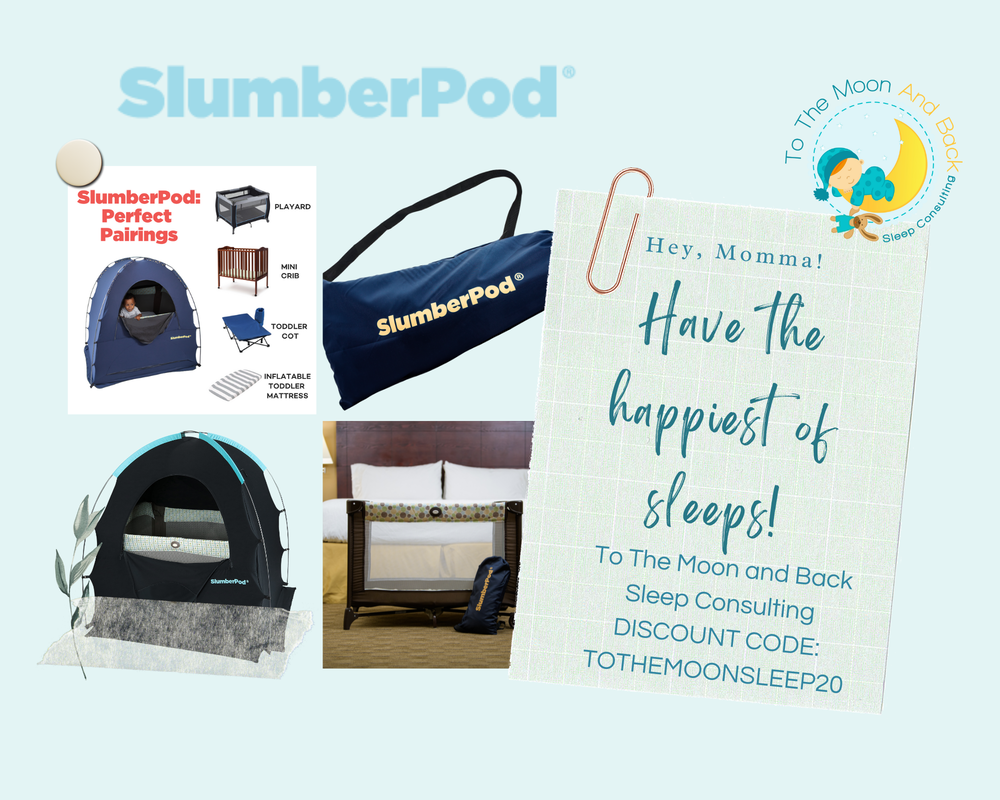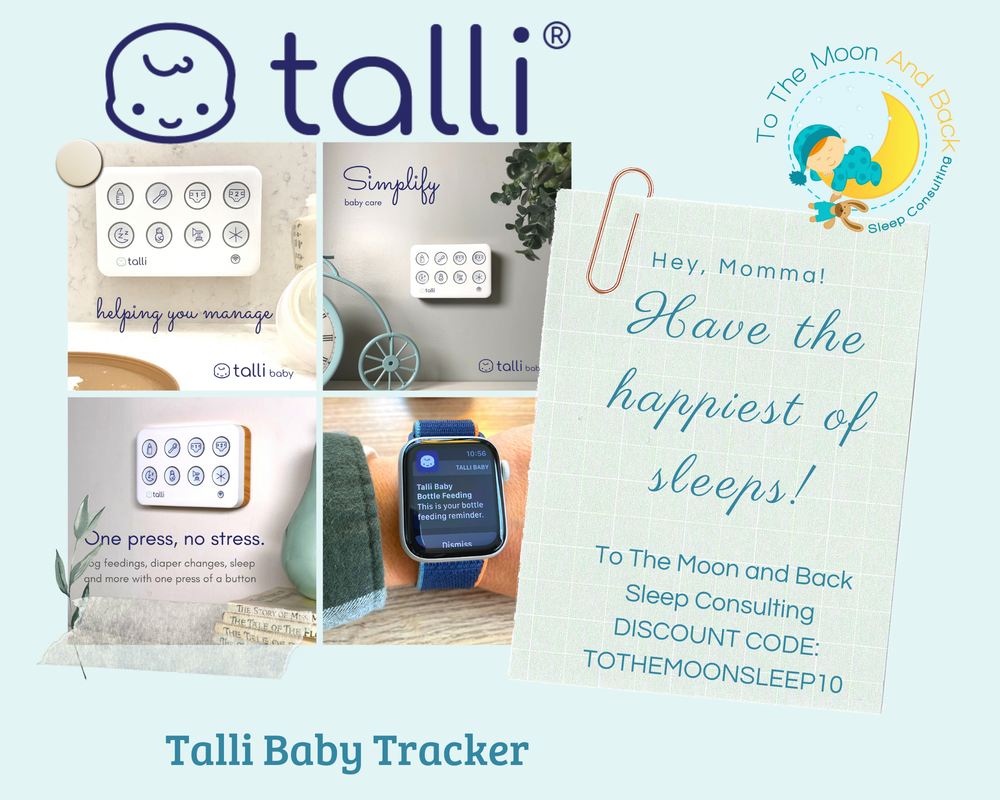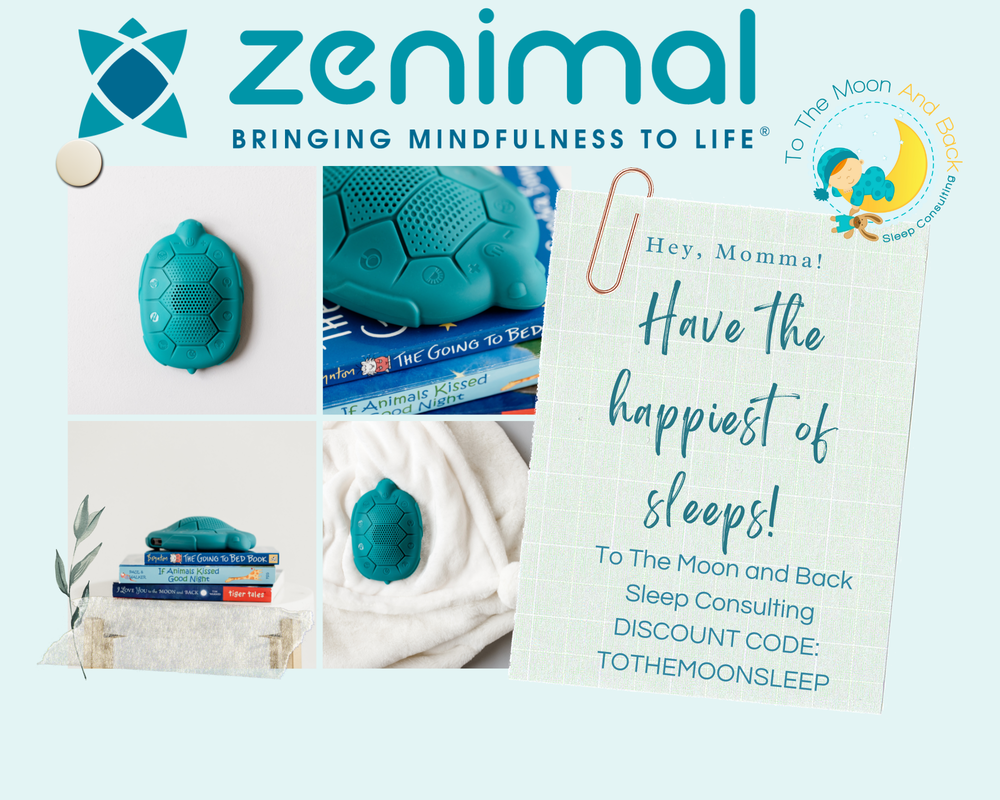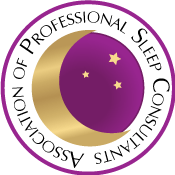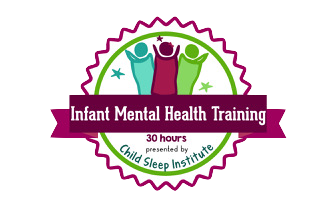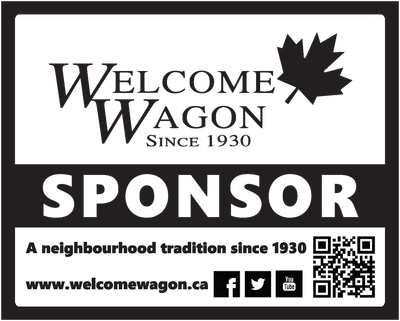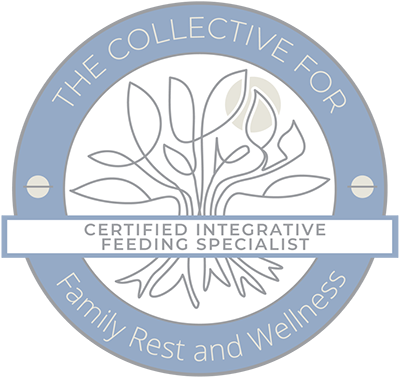|
As a mother myself, and a sleep consultant, I've come to the inescapable conclusion that babies, as a rule, are complicated creatures. Matthew McConaughey’s quote on newborns always gives me a chuckle, "They eat, they crap, they sleep, and if they're crying, they need to do one of the three, and they're having trouble doing it. Real simple." In a way, he's right. A baby's vital needs essentially break down into sleeping, eating, and pooping. Their only real form of communicating any issue is through crying. Identifying the fact that there is a problem with our babies is far easier than solving the problem, and as parents, isn't that all we want?
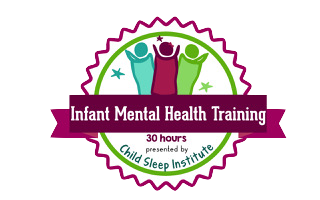 Holders of the Child Sleep Institute IMH Badge have completed a university-level course in Infant Mental Health. This course is offered periodically by the Infant Mental Health Program at the Ontario Hospital for Sick Children. By signing up through the Child Sleep Institute, class participants also have the opportunity to discuss the course with other class members. This results in greater knowledge retention and understanding. The CSI IMH badge is only awarded to members of the Child Sleep Institute Program who have provided a copy of the Completion Certificate awarded by the Infant Mental Health Program. 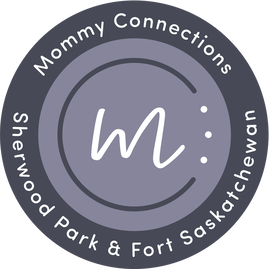 Mommy Connections introduces you to programs and services available within your community. Our classes provide a unique learning opportunity as well as a fun way to bond with your child and other moms in a social environment. Each class offers opportunities to hear presenters speak to a topic that is important or of interest for you as a mommy and for your little one(s). This allows for a unique bonding opportunity with your little one while still fulfilling your need to obtain information and be social with other moms experiencing the same challenges, fears and excitement. Mommy Connections Sherwood Park also plans regular events and workshops that cater to the needs of the modern family!  Founded in 1930, Welcome Wagon is a Canadian-owned, FREE service for families experiencing a lifestyle change. Whether you are moving to a new neighbourhood, planning a wedding or having a baby, we have exclusive deals, events and services catered to your needs. Sign up today and receive a personal visit. Erin, and To The Moon Sleep Consulting, has been a proud member sponsor of the Birth of Baby Baskets since 2017!  Certified Sleep Sense™ Consultants undergo an extensive 3-month training program and are required to attend several “continuing education” events each year in order to maintain their certifications. Because of this extensive and ongoing training they are fully qualified to give all the tools, guidance, and support that you will need to get your child sleeping through the night - and napping well during the day! The Sleep Sense Program has been around since 2003 and has helped over 100,000 parents find a quick gentle solution to their children's sleep problems. Hiring a Certified Sleep Sense™ Consultant gives parents the peace of mind that you will have support and guidance through the process with you every step of the way! 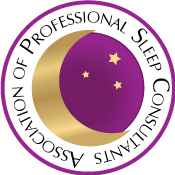 The APSC is an organization whose mission is to promote the highest standard of practice for the professional sleep consulting industry throughout the world to ensure that client needs are met with professionalism, excellence, and ethical care. As a member of the APSC since 2017, Erin has the opportunity to exchange ideas, resources, experiences and best practices with other members across the globe. The APSC’s goal is for the practice of professional sleep consulting to be recognized and respected throughout the world. This credibility is earned through collaboration, education, advocacy, outreach, media and informational activities, both within the organization and throughout the global community. APSC members are easily recognized by their proud display of the APSC logo. |
To The Moon and Back Sleep ConsultingProviding families the tools & support they need to get their little ones sleeping through the night and napping like champs! Everyone has more fun when they are well rested! Visit Wollino - Discount Code: TOTHEMOONANDBACK10
Browse
All
|
All information provided on this website, including texts, images, and other materials, are for informational purposes only and should not be considered a replacement for assessment or treatment by a healthcare provider.
© COPYRIGHT 2016-2024 TO THE MOON AND BACK SLEEP CONSULTING. ALL RIGHTS RESERVED. WAKING GIRL WEB DESIGN
© COPYRIGHT 2016-2024 TO THE MOON AND BACK SLEEP CONSULTING. ALL RIGHTS RESERVED. WAKING GIRL WEB DESIGN
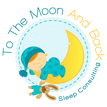
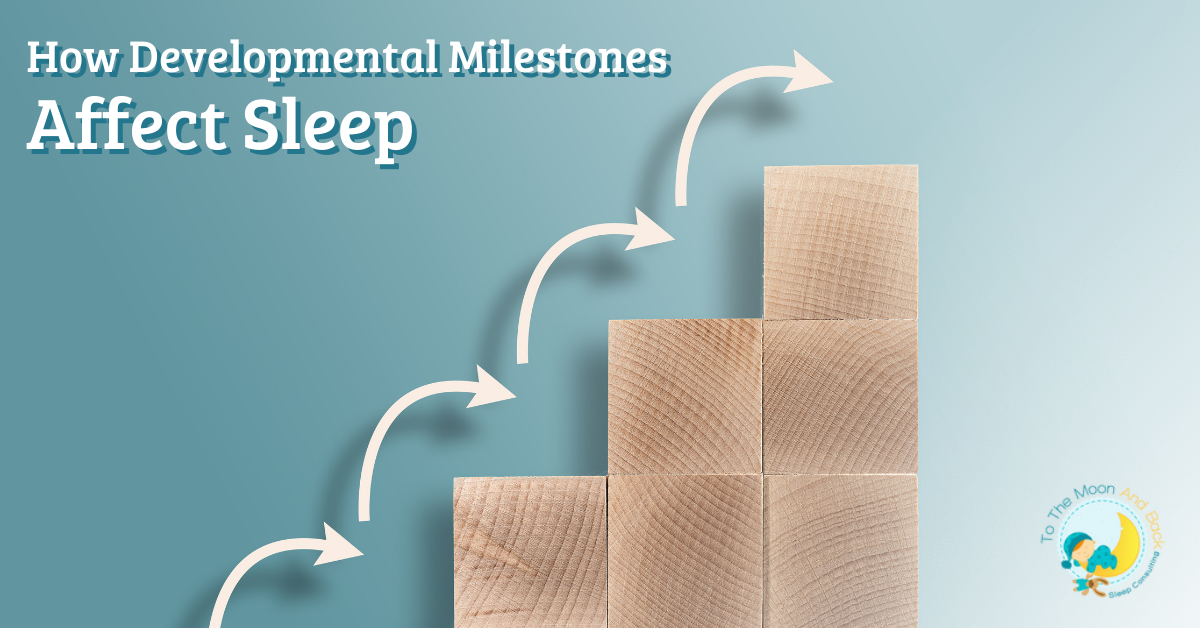
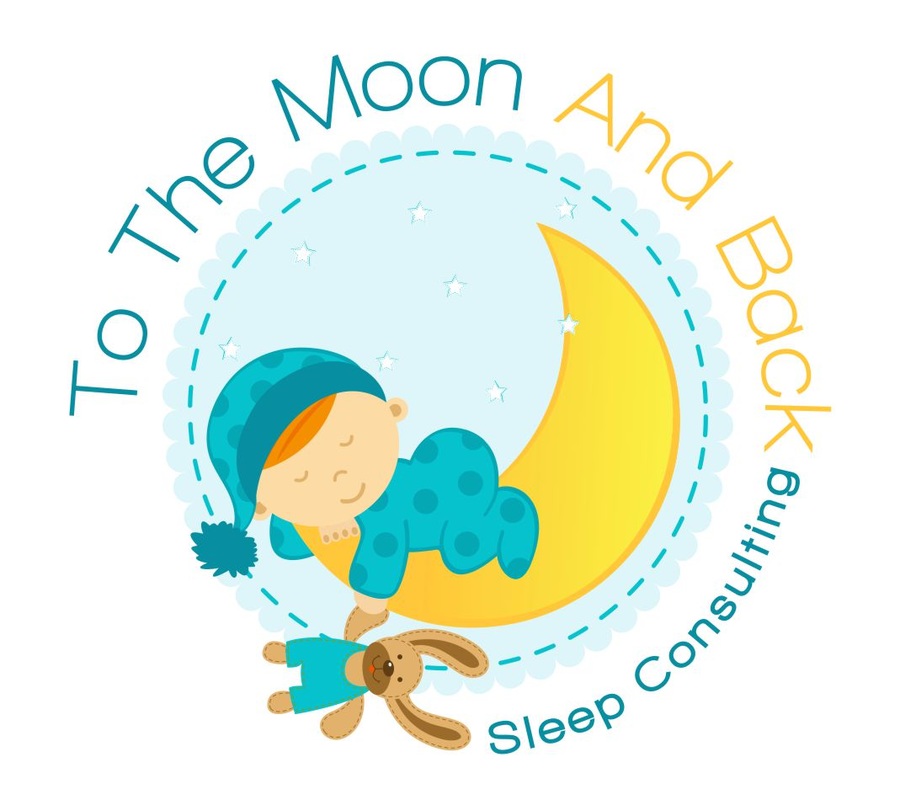
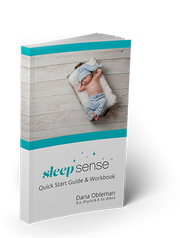
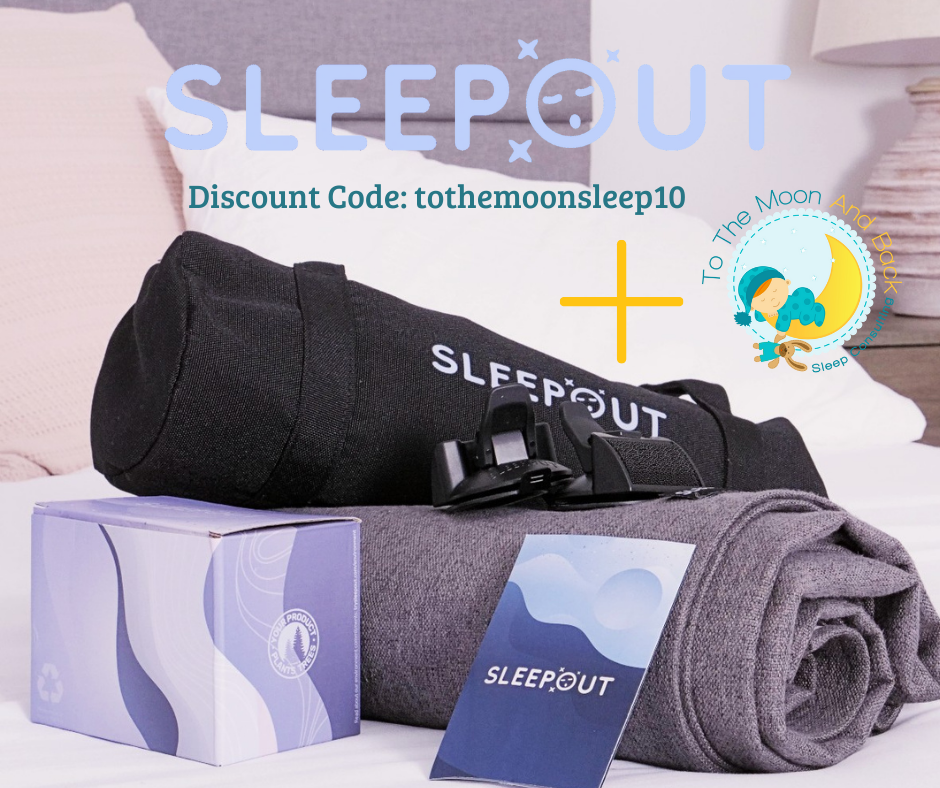


 RSS Feed
RSS Feed
